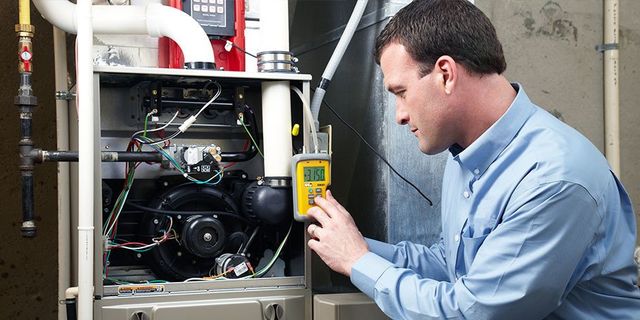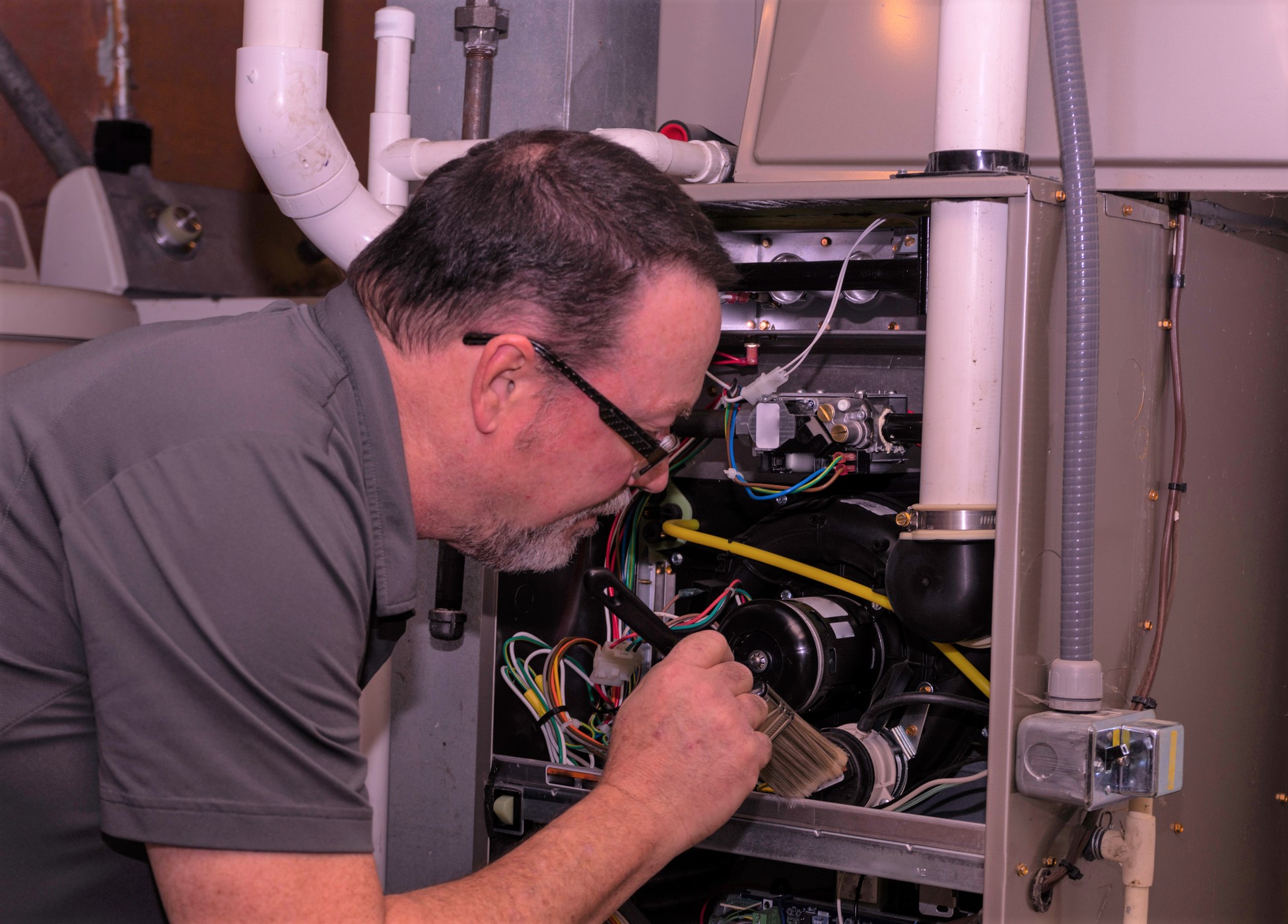Why Furnace Maintenance is Important

Furnace maintenance is essential for the life of your HVAC system. Even if everything is working well, this kind of preventive furnace maintenance is important for the life of your HVAC system, addressing any issues before they turn into expensive repairs or replacements. Remember: the better shape your furnace is in, the longer it will last. A properly-maintained furnace can last for 15-20 years.
The Benefits of Furnace Maintenance
Avoid expensive furnace repairs
Like most other home systems, furnaces will become damaged over time from wear and tear. Regular inspections and scheduled it will enable your HVAC technician to spot potential problems and take preventative action. The sooner signs of such problems are found, the fewer required repairs there will be and the less their associated costs. It can also help you avoid an unplanned furnace installation. Having your maintenance completed in the fall also means that, in the event your furnace does require repairs, your home won’t be as uncomfortable as it would be if you were to have repairs done in the middle of winter.

Increased Equipment Life
The HVAC expert doing maintenance on your furnace will also make some minor repairs and tweaks along the way if anything is slightly damaged or looks as if it’s about to be. This way, you will save on component replacement costs. Your current equipment will run for many winters to come, instead of only the few it may have if you had chosen not to have the routine maintenance to your furnace.
Improved SafetyWhen it comes to your family and your home, safety is always a top priority. This is why every comprehensive furnace maintenance session should include a review of safety features and possible problem areas. These procedures should include cleaning and adjusting the burner assembly, cleaning the ignition assembly, inspecting the heat exchanger, testing safety controls, and cleaning or replacing air filters. With a proper inspection and maintenance, you can heat your home without worrying about potential safety issues.


